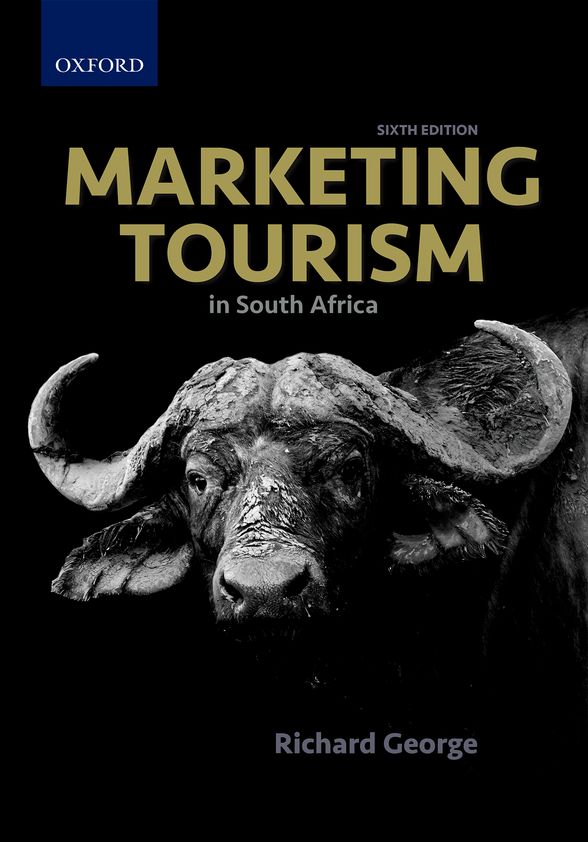Marketing Tourism in South Africa 6e offers a solid foundation in marketing theory applied to the unique context of the tourism industry in South Africa. This updated edition is a definitive source for universities, universities of technology and colleges where courses in Tourism Marketing and Event Marketing are offered.
Marketing Tourism in South Africa 6e is written in a simple and concise style to appeal to both tourism students and practitioners. The text familiarises the reader with the tourism industry in South Africa – its statistics, trends, main organisations and role-players.
Features
- Graphs, tables and figures show the latest industry trends and statistics. While the student gains a general grounding in marketing theory, they are also equipped to apply this knowledge specifically to the tourism industry.
- End-of-chapter case studies which delve into topical tourism issues covered in the accompanying chapter allow students to grasp the practical applications of the theory as it applies to the particular selected organisation.
- Example boxes facilitate further practical application of the chapter theory to provide real-life current practice.
- Logos and photos of key organisations and role players, as well as lists of website links, ensure students know who they will be interacting with in the work place. This familiarises the student with
the
landscape of the local tourism industry.
- Discussion questions at the end of each chapter stimulate further debate for tutorial exercises and follow-up activities.
- An updated chapter on digital marketing and direct marketing strategies.
- A revised and updated chapter on event marketing.
- Information on new on new international and local marketing practices.
- Updated theoretical concepts, examples, statistics, and references that reflect the latest trends in the market.
Part 1: Understanding marketing in the tourism industry
1Tourism marketing principles
2Characteristics of tourism marketing
Part 2: Gathering information for decision making
3The tourism marketing environment
4Tourism marketing planning
5Tourism marketing research
Part 3: Analysing the tourism market
6Segmentation, targeting and positioning
7Consumer behaviour in tourism
Part 4: The tourism marketing mix
8Tourism products
9Pricing tourism products
10Tourism distribution
11Promoting and advertising tourism products
12Sales promotion and personal selling strategies
13Digital marketing and direct marketing strategies
14Marketing collateral, public
relations
in tourism
Part 5: Understanding marketing issues in tourism
15Service quality through internal and relationship marketing
16Learning outcomes
17Event marketing
18Tourism trends and the future of tourism marketing
Students enrolled in Tourism Marketing courses as part of a BCom (Tourism), a National Diploma Tourism) or a certificate course at a private college.
